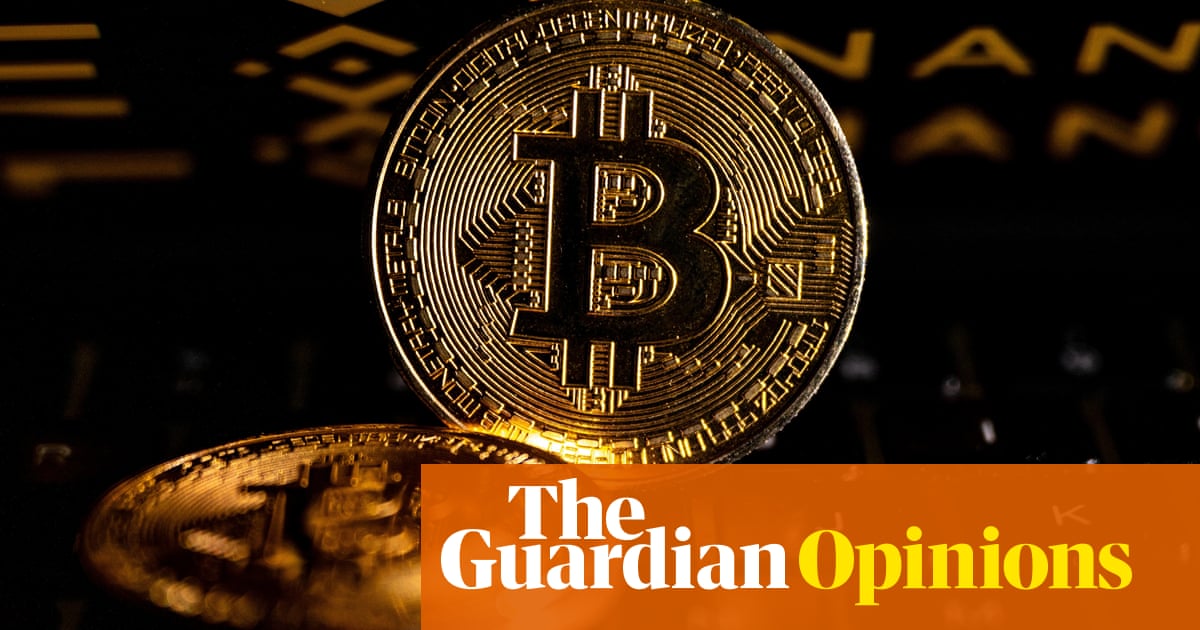Key Takeaways
- President-elect Donald Trump is advocating for a 'Strategic National Bitcoin Stockpile', similar to the Strategic Petroleum Reserve.
- A significant ownership of bitcoin by the U.S. could potentially allow the government to exert some control over the cryptocurrency market and discourage its use as an alternative to the dollar.
- Economists warn that this proposal carries risks, including the potential need for taxpayers to bail out crypto investors if bitcoin prices fall.
President-elect Donald Trump has been vocal about creating a 'Strategic National Bitcoin Stockpile', but the objectives of such a reserve are still uncertain. Recently, the price of bitcoin (BTC) hit an all-time high of over $108,000, coinciding with Trump's renewed call for the government to hold a stake in the cryptocurrency.
Despite a recent price drop following a Federal Reserve meeting, the concept of a strategic bitcoin reserve is gaining traction, though it faces skepticism from economists who question the rationale behind establishing a reserve for such a volatile asset.
Trump first pitched this idea during a bitcoin conference in Nashville last July, suggesting that the cryptocurrency seized during criminal investigations could form the basis of this stockpile, with the intention of never selling it. According to BitcoinTreasuries, the U.S. currently possesses 198,000 bitcoins, valued at about $21 billion.
Bitcoin's supply is capped at 21 million, with around 19.79 million already mined.
What Are Other Strategic Reserves that the US Holds?
This proposal echoes the establishment of the Strategic Petroleum Reserve in 1975, created in response to oil embargoes that led to significant economic disruptions. The U.S. currently stores up to 727 million barrels of oil in underground facilities for emergency use, aiming to sell oil when prices are high and refill when prices are low.
The idea of a government bitcoin stockpile has gained momentum as crypto investors increasingly influence Washington. In July, Senator Cynthia Lummis introduced a bill advocating for the government to purchase 1 million bitcoins over five years as a hedge against economic instability, akin to gold reserves.
The Case For a Strategic Bitcoin Reserve
Tyler Cowen, an economist at George Mason University, argues that U.S. investment in bitcoin could bolster the dollar's status as the world's reserve currency and reinforce U.S. dominance in the global financial landscape.
Padhraic Garvey, head of research at ING, points out that controlling bitcoin supply could prevent it from falling into the hands of malicious actors and deter other nations from adopting bitcoin as a currency alternative.
The Case Against A Strategic Bitcoin Reserve
Despite its potential advantages, the proposed reserve has met criticism from experts. Unlike oil, bitcoin is not essential for the economy and cannot be utilized in military operations during a national emergency. While government purchases of bitcoin might boost prices, the overall economic benefits remain ambiguous.
Garvey states, "It’s not clear what a crypto reserve would serve, apart from ensuring there is enough U.S. influence over it." Establishing such a reserve could also involve economic risks, as it would obligate taxpayers to support bitcoin, a high-risk financial asset. Ramaa Vasudevan, an economics professor, expressed concerns that the fund would give bitcoin speculators a safety net, suggesting that the government would step in to rescue the asset during a crash.

:max_bytes(150000):strip_icc()/WhattoExpectFromBitcoinandCryptocurrencyMarketsin2025-12ed9a9f2e8c42a5b2477933ea62fe0d.jpg)



Comments
Join Our Community
Sign up to share your thoughts, engage with others, and become part of our growing community.
No comments yet
Be the first to share your thoughts and start the conversation!